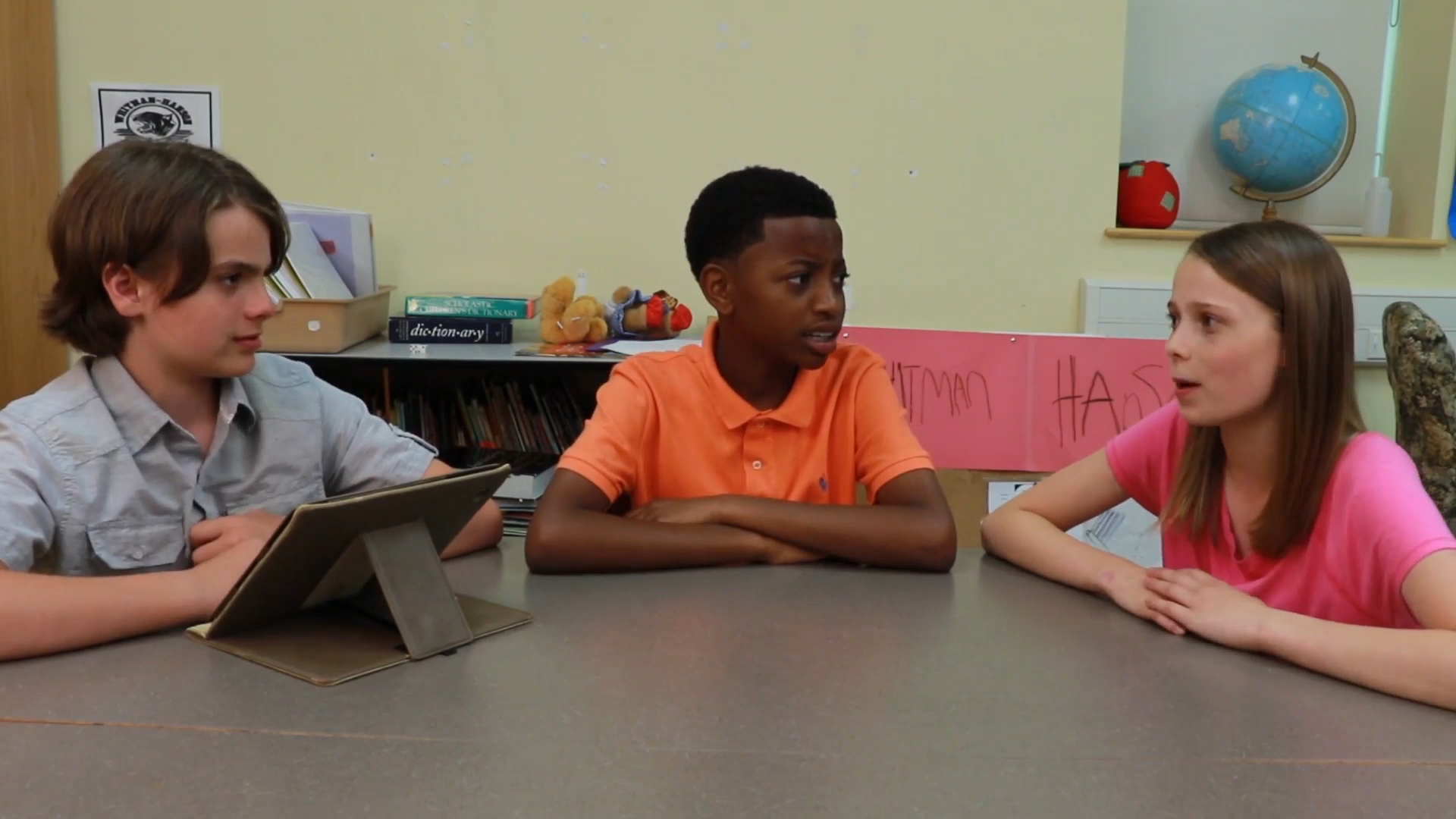
Introduction
Open-mindedness and flexibility are essential skills for all students, especially those in special education settings. In today’s ever-changing world, it’s crucial for students to learn how to adapt to new situations and consider different perspectives. In this blog post, we will discuss an engaging no-prep activity, thought-provoking discussion questions, and related skills to help educators teach their students the importance of having an open mind and being flexible.
No-Prep Activity: The Open Mind Challenge
This activity requires no preparation or materials from the educator and is designed to encourage students to practice open-mindedness and flexibility. Here’s how it works:
- Divide the class into small groups of 3-4 students.
- Present a hypothetical scenario to the class, such as planning a weekend trip, organizing a party, or solving a problem in the community.
- Ask each group to discuss and come up with a plan to address the scenario. Encourage them to listen to each other’s ideas and be open to changing their initial thoughts.
- After a set amount of time, have each group present their plan to the class.
- As a class, discuss the different approaches and highlight the importance of open-mindedness and flexibility in problem-solving and decision-making.
Discussion Questions
Use these questions to stimulate further discussion among your students:
- How did you feel when someone in your group suggested a different idea? Were you open to considering it?
- What challenges did you face in being open-minded and flexible during the activity? How did you overcome them?
- Can you think of a time when you had a closed mind and it caused problems? How could having an open mind have changed the outcome?
- Why is it essential to practice open-mindedness and flexibility in our daily lives?
- How can we remind ourselves to be open-minded and flexible when faced with new ideas or changes?
Related Skills
Teaching open-mindedness and flexibility also helps students develop other essential skills, such as:
- Problem-solving
- Critical thinking
- Communication
- Collaboration
- Emotional regulation
Next Steps
Ready to help your students develop open-mindedness and flexibility, along with other essential social-emotional skills? Sign up for free samples of the discussed skill and others at Everyday Speech. You’ll gain access to a wealth of resources designed to support educators working with special education students, including videos, games, and printable materials. Start your journey today and empower your students to become more open-minded, flexible, and adaptive individuals!

